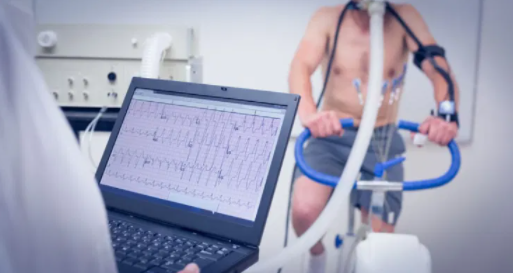The longer term effects of Covid-19 can take many forms and there are numerous definitions of the disease. A study undertaken by HUG and UNIGE in Geneva, published on 6 July 2021, found that 39% of a group of Covid-19 patients still had symptoms after 7 months.
Of the 629 participants in the study who completed the interviews, 410 completed the follow-up at 7 to 9 months after a COVID-19 diagnosis in early 2020. Of this group, 39.0% reported residual symptoms at 7 to 9 months. Fatigue (20.7%) was the most common symptom, followed by loss of taste or smell (16.8%), shortness of breath (11.7%), and headache (10.0%).
Some had symptoms that persisted, some had symptoms that arrived after a delay, while others had symptoms that came, went, and returned later.
Of the 311 participants that responded at all 3 follow-up time points, 37% reported symptom resolution by 30 to 45 days and 19% by 7 to 9 months. 27% reported symptoms at all 3 time points and 10% reported symptoms at the start and at 7 to 9 months but not at 30 to 45 days. Finally, 4% of participants reported no symptoms at all 3 time points, 2% had no symptoms at baseline but had symptoms at 30 to 45 days and 7 to 9 months, and 1 person had no symptoms at the start and 30 to 45 days but had symptoms at 7 to 9 months.
The study authors concluded that residual symptoms following SARS-CoV-2 infection are common among otherwise young and healthy persons and recommend long-term monitoring.
The mean age of those studied was 42.1 years, 60.9% were women, 25.3% were health care workers, and 70.7% had no underlying risk factors.
Full story here Are you the author? Previous post See more for Next postTags: Coronavirus Switzerland,Covid-19 Switzerland,Editor's Choice,Featured,Health,newsletter





























